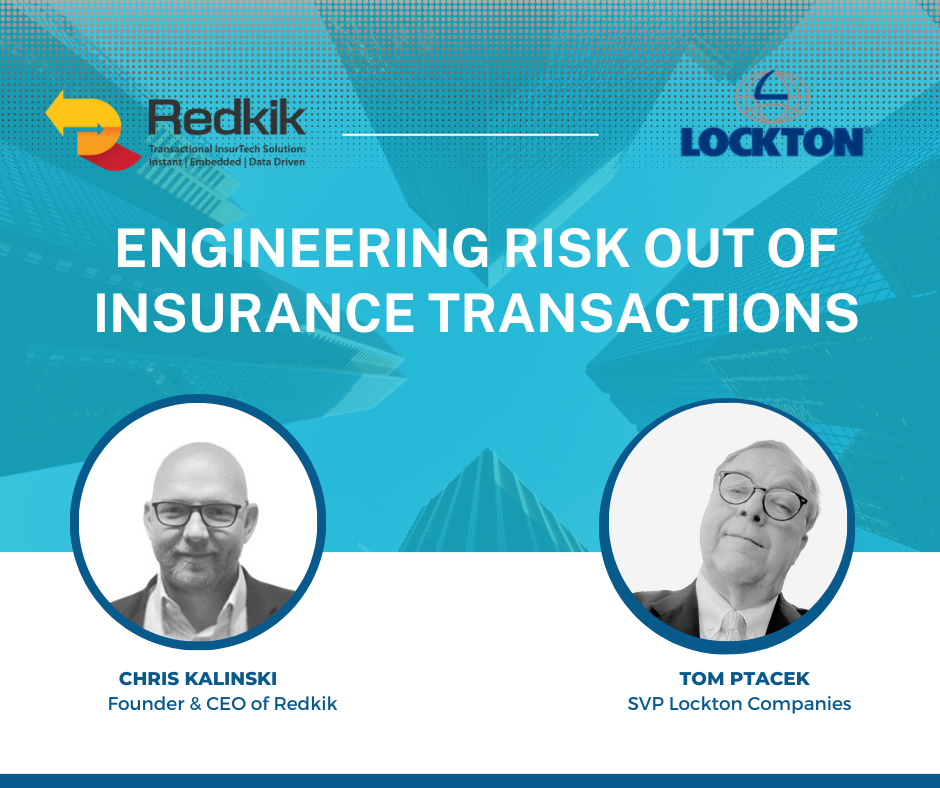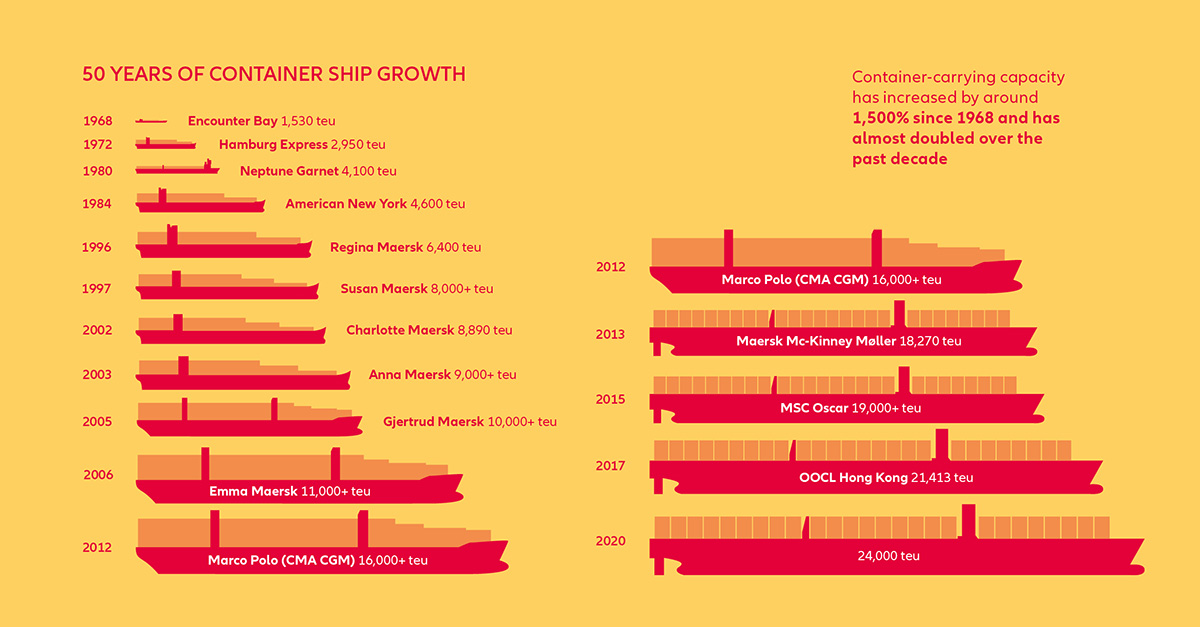Shipping transports around 90% of world trade onboard different vessels so maritime safety is critical. Improvements have been significant over the past decade, culminating in the sector reporting a record low number of large ships lost over the past year. However, a combination of factors impacting fire risk, ongoing and new threats posed by the ripple effects of the Ukraine conflict, decarbonization challenges, economic uncertainty, as well as the rising cost of marine claims, means the sector still has plenty of obstacles to navigate over the next 12 months and beyond, according to insurer Allianz Global Corporate & Specialty SE’s (AGCS) Safety & Shipping Review 2023.
“Shipping losses have sunk to the lowest number we have seen in the 12-year history of our annual study reflecting the positive impact safety programs, trainings, changes in ship design and regulation have had over time,” says Captain Rahul Khanna, Global Head of Marine Risk Consulting at AGCS. “While these results are gratifying, several clouds appear on the horizon. More than a year after Russia’s invasion of Ukraine, the growth of the shadow oil tanker fleet is the latest consequence to challenge shipowners, their crew and insurers. Fire safety and the problem of mis-declaration of hazardous cargo must be fixed if the industry is to benefit from the efficiency of ever- larger vessels. Inflation is pushing up the cost of hull, machinery and cargo claims. Meanwhile, although the industry’s decarbonization efforts are progressing, this remains by far the sector’s biggest challenge. Economic pressures could put vital investments in companies’ strategies, as well as in other safety initiatives, in jeopardy.”
Every year AGCS analyses reported shipping losses and casualties (incidents) involving ships over 100 gross tons. During 2022, 38 total losses of vessels were reported globally, compared with 59 a year earlier. This represents a 65% decline in annual losses over 10 years (109 in 2013). Thirty years ago, the global fleet was losing 200+ vessels a year.
According to the report, there have been more than 800 total losses over the past decade (807). South China, Indochina, Indonesia, and the Philippines maritime region is the global loss hotspot, both over the past year and decade (204 total losses). It accounted for one-in-five losses in 2022 (10) driven by factors including high levels of trade, congested ports, older fleets and extreme weather. The Arabian Gulf, British Isles and West Mediterranean waters were the second top loss locations (3). Around a quarter of vessels lost in 2022 were cargo (10). Foundered (sunk/submerged) was the main cause of total loss across all vessel types (20), accounting for over 50%. Fire/explosion ranked as the second top cause of loss (8). Vessel collision third (4).
While total losses declined over the past year, the number of shipping casualties or incidents reported remained consistent (3,032 in 2022 compared to 3,000 in 2021). The British Isles saw the highest number (679). Machinery damage or failure accounted for close to half of all incidents globally (1,478). There were over 200 fires reported during 2022 (209) – the highest number for a decade, making this the third top cause of incidents globally, up 17% year-on-year.
Several factors are increasing the risk of fires at sea and on land. Decarbonization is leading to new types of cargo being transported on vessels, such as electric vehicles (EVs) and battery-powered goods. Potentially highly flammable lithium-ion (Li-ion) batteries pose a growing risk for container shipping and car carriers. This battery market is expected to grow by over 30% annually over the next decade.
One of the main hazards of Li-ion batteries is ‘thermal runaway’, a rapid self-heating fire that can cause an explosion. The main causes of Li-ion fires are substandard manufacturing or damaged battery cells or devices, over-charging and short-circuiting. Fires in EVs with Li-ion batteries are difficult to extinguish and capable of spontaneously reigniting. “Most ships lack the suitable protection, detection and firefighting capabilities to tackle such fires at sea,” says Khanna. “Attention must focus both on pre-emptive measures and emergency plans to help mitigate this peril such as adequate crew training and access to appropriate firefighting equipment or improving early detection systems. Purpose-built vessels for transporting EVs would be advantageous.”
At the same time, hazardous cargos are increasingly transported by increasingly larger vessels. Container carrying capacity has doubled in the last 20 years. The 10 largest container operators have more than 400 new vessels on order and the majority will be larger than the ships they replace. Consequently, the impact of fires is amplified, potentially resulting in more severe losses. Fire is already one of the most frequent causes of total losses across all vessel types with 64 ships lost in the past five years alone. Meanwhile, AGCS analysis of close to 250,000 marine insurance industry claims shows that fire was also the most expensive cause of loss, accounting for 18% of the value of all claims analyzed.
Industry reporting systems attribute around 25% of serious incidents onboard container ships to mis-declared dangerous goods, such as chemicals, batteries, and charcoal, although many believe this number to be higher. “Failure to properly declare, document and pack hazardous cargo can contribute to blazes or hamper firefighting efforts,” Khanna explains. “Labeling a cargo as dangerous is more expensive. Therefore, some companies try to circumvent this by labeling fireworks as toys or Li-ion batteries as computer parts, for example.” Several large container shipping companies have turned to technology to address this issue using cargo screening software to detect suspicious bookings and cargo details, while large container operators are imposing penalties. “Unified requirements and penalties for mis-declared hazardous cargo would be welcomed,” says Khanna.
More than a year after Russia’s invasion of Ukraine, the ripple effects for shipping continue to be felt. The threat of collateral damage on civilian shipping in or around the war risk area remains high and could stem from floating mines for example. Oil sanctions have also resulted in Russia and its allies creating a shadow tanker fleet to transport and sell its oil. Estimates of its size vary – as many as 600 vessels. “The shadow fleet is more likely to be made up of older ships, operating under flags of convenience with lower maintenance standards,” explains Justus Heinrich, Global Product Leader Marine Hull at AGCS. “The increase in their number is a worrying development, threatening the world fleet and the environment. A major incident can cause loss of life as well as uninsured damage or pollution.” In May 2023 an uninsured, unladen 1997-built tanker, Pablo, exploded in Southeast Asia, reportedly killing crew.
Shipping contributes around 3% of global greenhouse gas (GHG) emissions annually and is committed to tough targets to cut these. The pace and progress of its efforts are influenced by technological developments, adoption of energy-efficient fuels, regulation and market forces. Shipping companies and cargo operators are already switching to vessels powered by liquefied natural gas and are using and trialling alternative fuels such as biofuels, methanol, ammonia and hydrogen, as well as solar and battery-powered all-electric vessels, wind-assisted propulsion systems, more efficient propellers and bulbous bow designs.
Transitioning away from carbon-based shipping will involve a demanding period of change and significant investment of about $1.4trn. A mix of fuels is likely to exist for the next five to 10 years, posing challenges for shipowners, operators and ports. From a loss perspective the industry has not yet seen any major claims from alternative technologies or fuels. However, as these are introduced at scale, more issues may surface. “Collaboration is key and regular exchanges of information and data between companies and insurers from testing and experiences will be important in helping to reduce transition risks,” says Heinrich.
Following the post-pandemic boom in container shipping, economic and geopolitical uncertainty and falling demand have hit freight rates. The cost of shipping a container between Asia and the United States or Europe in April 2023 was more than 80% lower than a year earlier. “The question is whether this decline, together with the prospect of an economic downturn, will impact maintenance and risk management budgets. Prior downturns have impacted these, leading to losses and an uptick in machinery damage incidents,” says Heinrich.
Increased commodity prices, higher labour costs and supply chain disruption have had a significant impact on marine insurance claims, in particular hull and machinery. “The price of steel, a key cost driver in hull claims, increased sharply post-pandemic, as did spare parts. A typical propeller or machinery claim now costs around two times more than pre-pandemic,” explains Régis Broudin, Global Head of Marine Claims at AGCS. “Shortages and delays in obtaining replacement parts have also led to longer stays in repair yards while labor shortages have also increased costs. This comes on top of the increased expense of dealing with large vessels, which face higher costs for repairs, salvage and towing.” The post-pandemic boom in container shipping has also impacted. Cargo values have risen with the increase in the price of goods and raw materials. “Even companies with the best risk management will see the impact of inflation on claims,” concludes Broudin.












